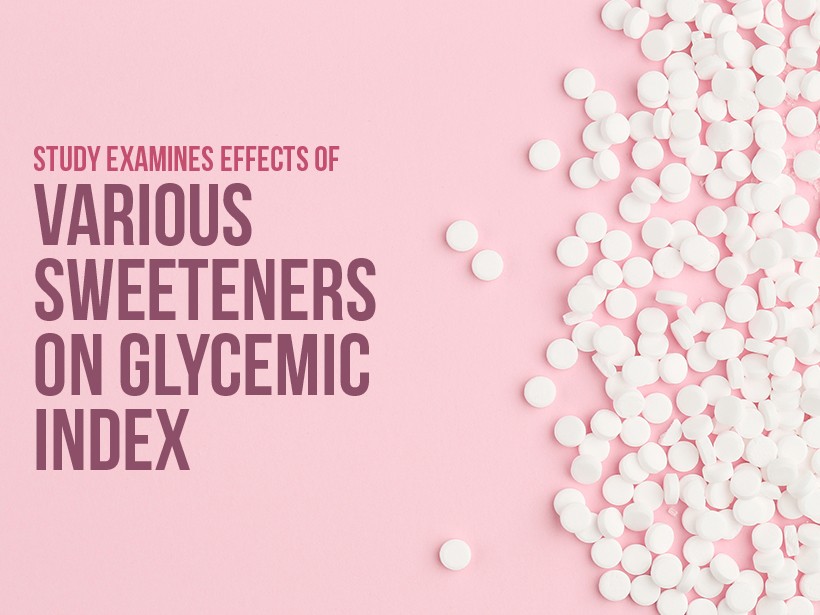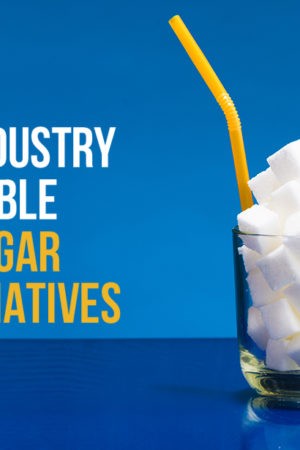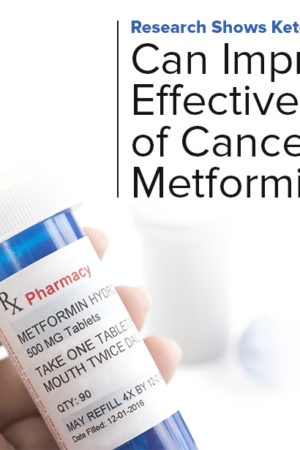A study presented at the Experimental Biology 2018 conference by Hoffman, Ronan, and Haspula demonstrated that artificial sweeteners had similar effects as sugar, but used different mechanisms, on vascular health in rats with a high genetic probability of diabetes.1
What did the study find?
The study examined vascular health in rats in vitro and in vivo. In vitro means that the experiment was performed under controlled conditions in a test tube. In vivo means that the experiment was performed in the living animal. Vascular health is critical for diabetes patients because the disease is known to damage blood vessels, causing many complications.
The substances tested were sugar, aspartame, and acesulfame potassium. High doses of all substances were administered to the blood vessels in vitro. Sugar, aspartame, and acesulfame potassium all showed decreased functioning of protein molecules of the vascular system. However, sugar and the artificial sweeteners used different methods to alter proper vascular function.
In vivo, the rats were divided into a sugar group, receiving either glucose or fructose, or an artificial sweetener group, receiving either aspartame or acesulfame potassium. High doses of ingredients were given for three weeks. Following the three weeks, blood was drawn and assessed. The researcher found that both sugar and the artificial sweeteners were altering fat and protein metabolism which are both critical to diabetics, especially those following a ketogenic diet.
What about other sweeteners?
Not all non-calorie sweeteners are the same. There are two that come to mind in regard to keto: monk fruit, and erythritol. Monk fruit is a melon from southeast Asia. It is usually dried, and the sweetener is made from monk fruit extract. The extract is 150 to 200 times sweeter than sugar, which means that you only need a very small amount. This sweetness comes from antioxidants called mogrosides. This sweetener is also considered zero calorie and contains no carbohydrates.
Erythritol is a sugar alcohol, which means it occurs naturally in fruit. The glucose is extracted from fruit, and then yeast is added to the glucose to ferment it. Fermenting it, still renders the molecule sweet, but it can no longer raise blood sugar. It also is unaffected by the metabolism of the body, meaning it can be consumed, and excreted without it ever being broken down at all.
Both monk fruit and erythritol are extracted from fruit, or in other words, the closest thing to natural sugar. They are also naturally occurring in nature. Because the sweetness from monk fruit comes from an antioxidant, the body already has a mechanism for handling such molecules, making it less toxic for consumption. Erythritol also has been found to be able to pass through the body without causing any damage. Both monk fruit and erythritol are considered safe by the FDA. Aspartame and acesulfame potassium are both synthetically made. More and more evidence is piling up against aspartame and acesulfame potassium showing that they may not be safe. 2
NUTRITIONAL DISCLAIMER
The content on this website should not be taken as medical advice and you should ALWAYS consult with your doctor before starting any diet or exercise program. We provide nutritional data for our recipes as a courtesy to our readers. We use Total Keto Diet app software to calculate the nutrition and we remove fiber and sugar alcohols, like erythritol, from the total carbohydrate count to get to the net carb count, as they do not affect your blood glucose levels. You should independently calculate nutritional information on your own and not rely on our data. The website or content herein is not intended to cure, prevent, diagnose or treat any disease. This website shall not be liable for adverse reactions or any other outcome resulting from the use of recipes or recommendations on the Website or actions you take as a result. Any action you take is strictly at your own risk.
- Low-Carb Companies Join Forces - March 11, 2019
- Study Examines Effects of Various Sweeteners on Glycemic Index - August 2, 2018
- 449 Foods Launches New Brand of Super Coffee - July 26, 2018































